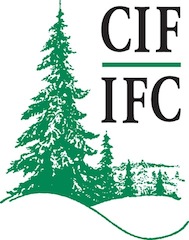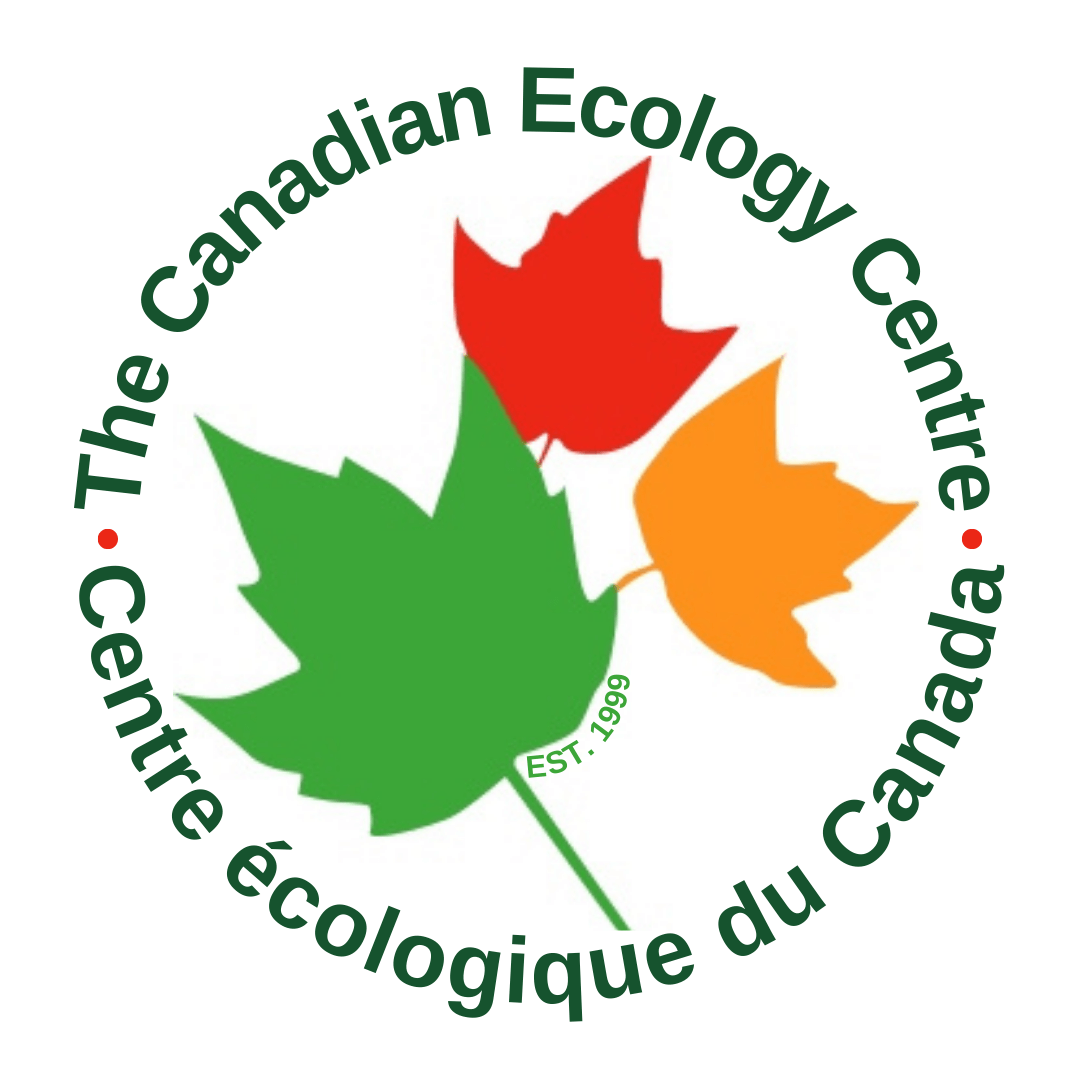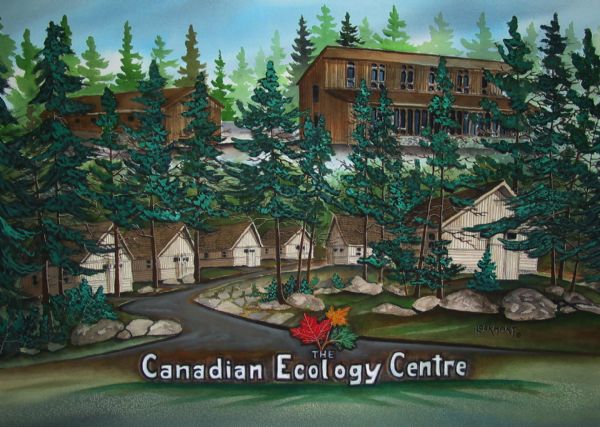About Us
Who We Are
Our Values
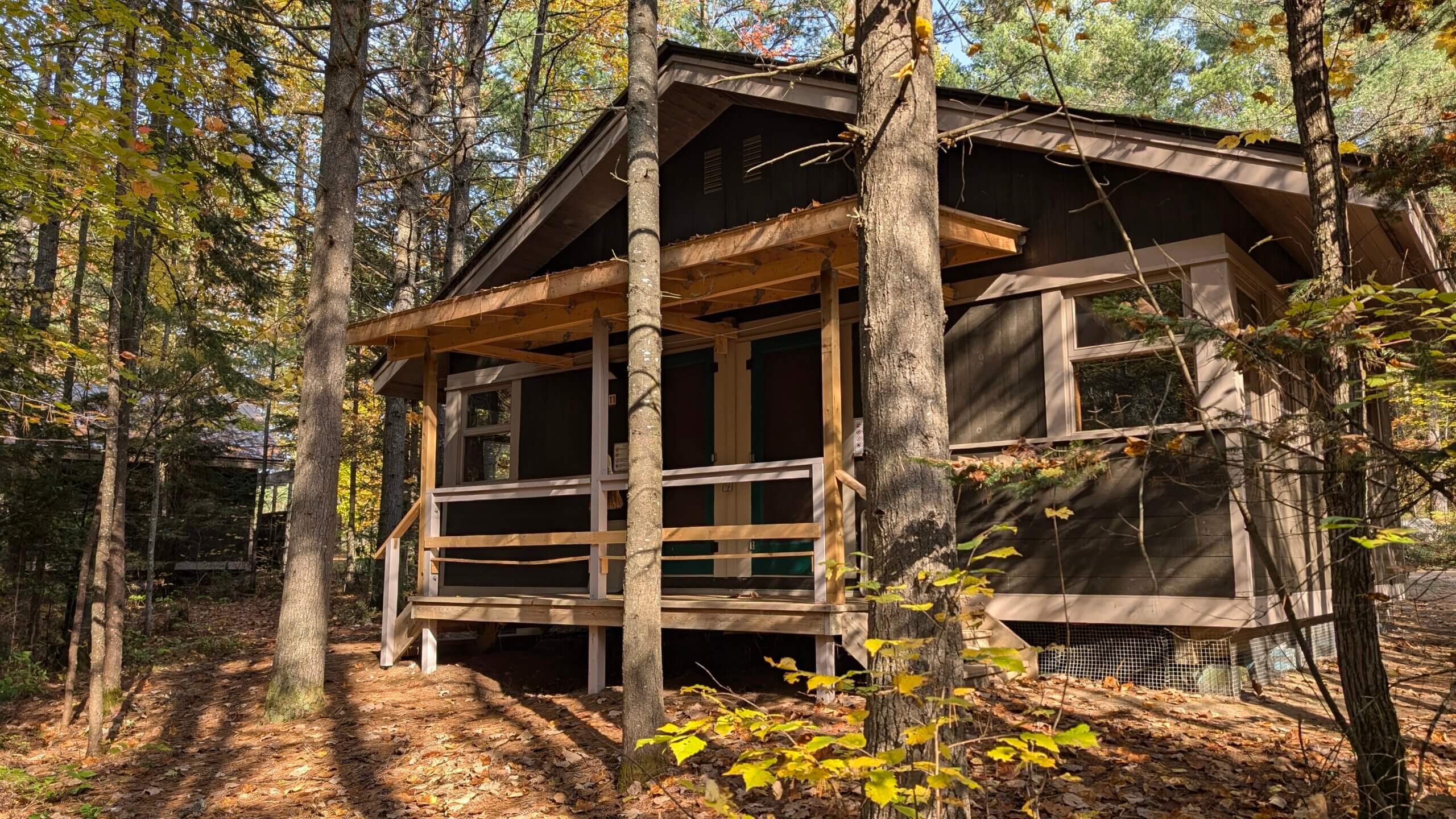
Our Location
What We Do
Our Programs
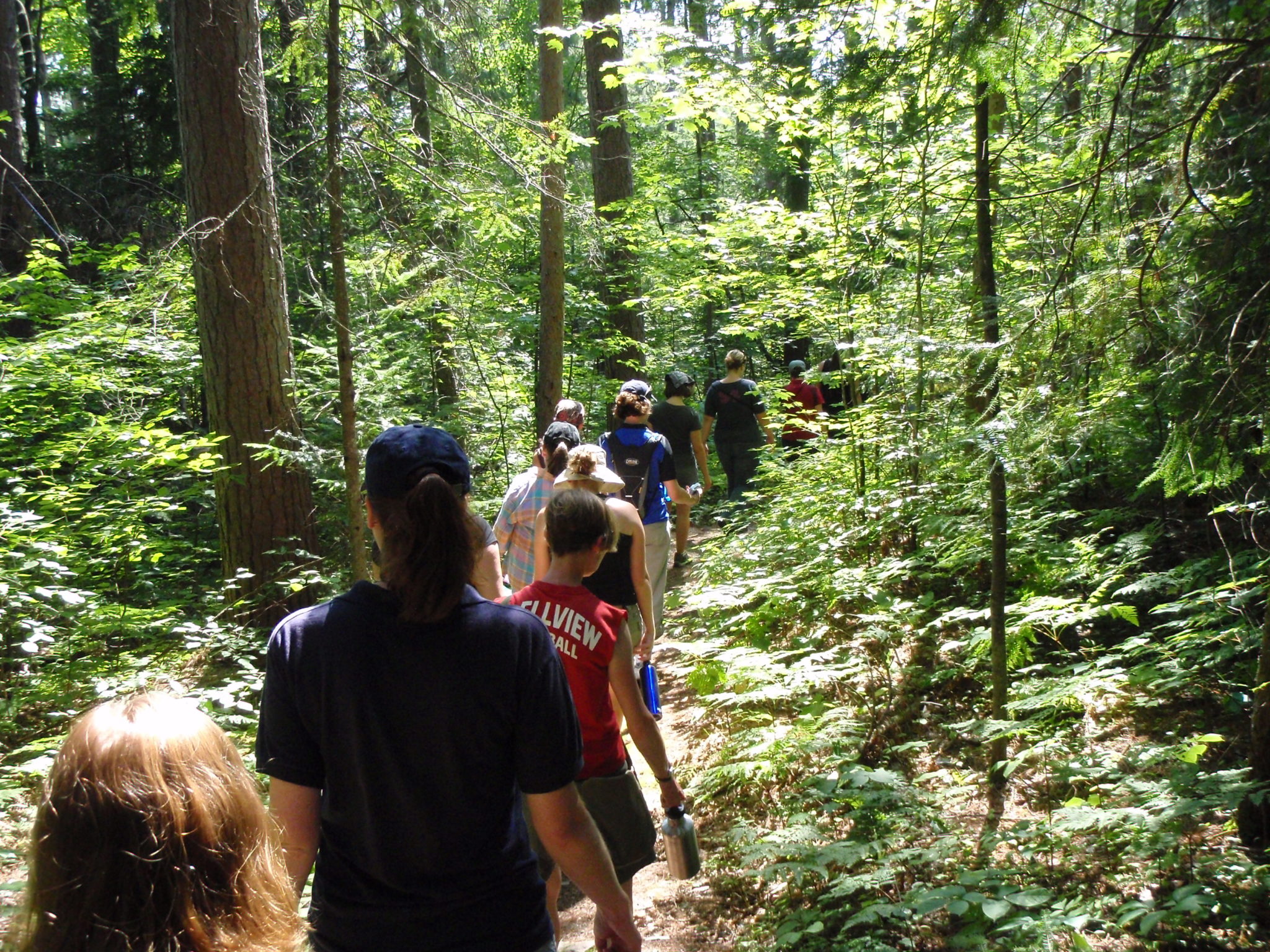
The history of the CEC
The story of how The Canadian Ecology Centre was created began in 1990 when Bill Steer, a teacher with the former Nipissing School Board, was teaching Environmental Science in Samuel de Champlain Provincial Park. After teaching from the defunct and abandoned Junior Ranger camp for 5 years, Bill dreamed of a permanent environmental school that would utilize the natural heritage of the park.
In 1995, the Mattawa and Area Forestry Committee for Economic Development was looking for ways to support and foster learning related to forests and the forest industry, and believed an environmental school was the perfect fit. For the next two years, Bill continued to teach from the Junior Ranger camp, and with the help of the Forestry Committee for Economic Development, worked to find financial support within the levels of government and the private sectors.
In April 1997, the Canadian Ecology Centre was incorporated as a non-profit capital corporation. Funding by two forest products companies (Tembec in Mattawa and Columbia Forest Products in nearby Rutherglen), and provincial (Heritage Fund), federal (FedNor and Human Resources Development Canada), and municipal (Calvin, Bonfield, Papineau and Mattawan Townships and Town of Mattawa) governments helped finance the initial stages of development.
In 1999, 38 accommodations were built as Stage One of the development plan. That summer, the first environmental science course was taught on CEC property from a 400 square foot tent and students lived in the newly built student residences. That same year the Educational Foundation was also created to allow the CEC to accept donations as a registered charity.
Stage Two of the development plan began in 2000 with the construction of the Birch Dining Building, followed by the construction of the Main building which was finished in the fall of 2002. A third building, Aaniin, was completed in 2012, and in 2014 an observatory with retractable roof was built to house a 16″ Meade telescope.
